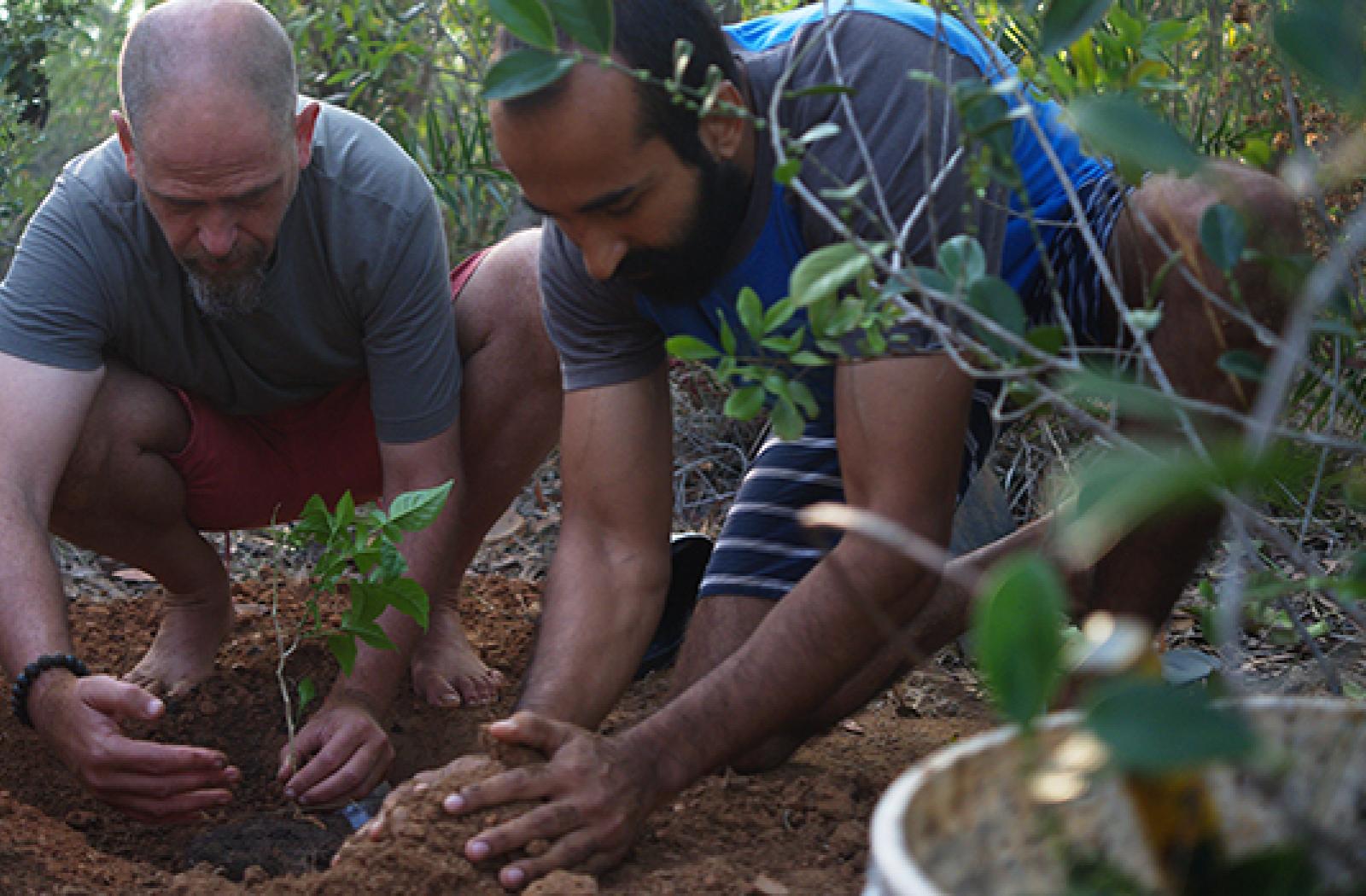The World Sustainable Development Summit opens today appropriately at the Indian Habitat Centre, a stunning building which manages to be both imposing and lush with rich vegetation.

The World Sustainable Development Summit opens today appropriately at the Indian Habitat Centre, a stunning building which manages to be both imposing and lush with rich vegetation.
I am sitting today on a Panel that is here to discuss the Business of Land. An event hosted by the United Nations Campaign to Combat Desertification (UNCCD). A great organisation of the United Nations, leading the way with its Land Degradation Neutrality Fund. As climate change drives land to become eroded and degraded, UNCCD I working to transform it.
As always with events of this nature I will learn far more from others than I can ever convey.
We are off to a lively start under the chairmanship of Siddhanta Das, the Director General of Forests in Government of India. When India wants to rise to a challenge, my goodness it can spring into action. India has set ambitious targets to meet its commitments under The Paris Agreement. This is particularly in relation to afforestation. The scale and volume of work to raise forest growth and also regenerate land is incredible. This country really means business.
Also here is Aviram Rozin from an amazing NGO called Sadhana Forest, which works trans-formatively with some of the World’s poorest people to improve food and water security in dryland areas. Sometimes these people are semi-nomadic. Sadhana Forest’s focus is simple; water, trees, people. I learn from him that an estimated 130m people in the World are malnourished yet they own land? This small NGO punches so far above its weight. It targets people that are not farmers, but have the potential to begin to grow trees for food. Sadhana Forest supports these people with tree planting and care techniques appropriate to their area and with seedlings of indigenous, drought resistant, food bearing tree species to plant around their homes. They have forest development projects in Commonwealth Countries - India and Kenya. Also, Haiti.
Here at The Commonwealth we are striving to promote regenerative approaches to ameliorate the impacts of climate change. To go beyond adaptation – placing ecosystems centrally to human security; the freedom for people to have and to be. I really want to see how these approaches work technically and practically on the ground. I came to Delhi, to listen more about how different people are making transformative changes to climate change. There is so much to learn.
Photo by Sadhana Forest
